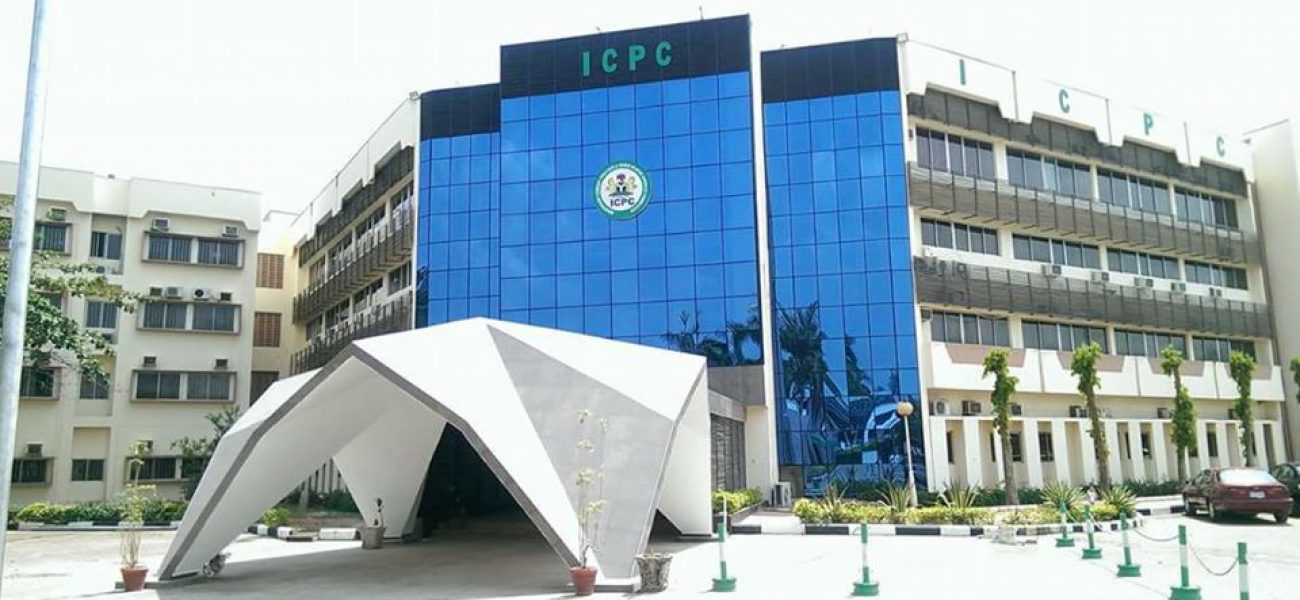A last-ditch effort of the House of Representatives to concur with the Senate on an amendment to the Independent Corrupt Practices Commission (ICPC) Act, 2000 failed to pass. The bill had come before the House of Representatives but was stood down by the Speaker on the ground that further clarification was needed on the contents of the bill. The bill which had earlier been passed by the Senate was without public hearing or stakeholders’ input.
One of the amendments, which is the substitution of the word ‘Member’ with ‘Commissioner’ with reference to members of the board of the ICPC is ambiguous. It is unclear if the Commissioners who have specialised portfolios by virtue of the amendment are intended to replace the members of the ICPC’s board or if these are entirely new positions created for the Commission. Section 3 of the ICPC Act provides for the representation and participation of special interests such as women, youth, legal practitioner in the membership of the Commission’s board. The bill appears to attempt to cloak the persons who represent these interests and other members of the board with an elevated Commissioner status that is at odds with the purpose of a law enforcement agency like the ICPC.
Also, the proposal in the bill for operational staff who are referred to as Commissioners, Deputy Commissioners, Assistant Commissioners in section 4(7) of the principal Act, to be substituted with the titles Directors, Deputy Directors and Assistant Directors, respectively is vague. It is not clear if the bill intends to merely create a new cadre of bureaucratic staff or replace law enforcement officers in the Commission.
The amendment takes the power to make Standing Orders away from the Chairman and places this power on the Commission. It also removes the Chairman’s powers to make rules to give effect to the ICPC Act. Placing the power to make Standing Orders on the Commission is ambiguous, as there is no clear authority responsible for this action. Also, the deletion of the option allowing the Chairman and superior officers of the Commission to make oral directives and the introduction of mandatory use of written directives, appears to be aimed at further reducing the power of the Chairman. The practice in establishment laws is that the authority for making Standing Orders is vested in a person such as the head of the agency.
On the amendment with regard to the quorum of the Commission, five members out of a total of thirteen members (comprising the Chairman and twelve members), is inadequate. The amendment which allows any five of the members to meet and form a quorum means that they can take far reaching decisions for the Commission, including making a decision on whether an investigation or operation should commence, continue or be terminated with or without the Chairman’s input.
The proposed increase in fines and penalties for offences under the Act should not be arbitrarily stipulated but based on sound reasoning. Also, the provision of a two-year imprisonment term without an option of fine for anyone whose petitions to the Commission are found to be false or intended to mislead, may be used arbitrarily against perceived opponents of public officials. This may also result in concealment of genuine claims by individuals.
These portions of the amendment distort the leadership structure of the ICPC, whittle down the powers of the Chairman, reduce the effectiveness of the Commission, and are generally inimical to the fight against corruption.
While some aspects of the amendment appear problematic, the proposal to expand the jurisdiction for cases brought under the ICPC Act, to the Federal High Court, in addition to State High Courts and High Courts of the Federal Capital Territory (FCT) is commendable.
The amendment of the ICPC Act was done without proper consultation of stakeholders, civil society and the public. There was no public hearing on this bill, which goes against best practice on lawmaking and public participation. This law is one that will have extensive ramifications on citizens.
The amendment to the ICPC Act failed to pass in the 9th National Assembly. However, the newly inaugurated 10th National Assembly should revisit the bill, review it critically and invite public input before further legislative action on it.

